The Ongoing Debate: AI vs Human Jobs
The debate continues to pose the question in all the boardrooms, classrooms, and even coffee shops, with a degree of enthusiasm and existential worry: Will artificial intelligence replace man the working being? It is a question that is futuristic and simultaneously pertinent because tools powered by generative AI are capable of writing, drawing up legal documents, and crafting marketing strategies with greater and greater complexity.
An easy, binary choice- an absolute yes or no- is satisfying in the short term but distorts the picture in the long run. The truth is extremely complicated, subtle, and, to anyone that is willing to adjust, it is as well as hopeful as ever. The future of labor does not presuppose a complete substitution of man by an equipment but a radical reshaping of human-equipment relationship. It is not whether AI will kill jobs but how it will transform existing jobs, how it will create new jobs and what we should do to coexist and prosper in its presence.
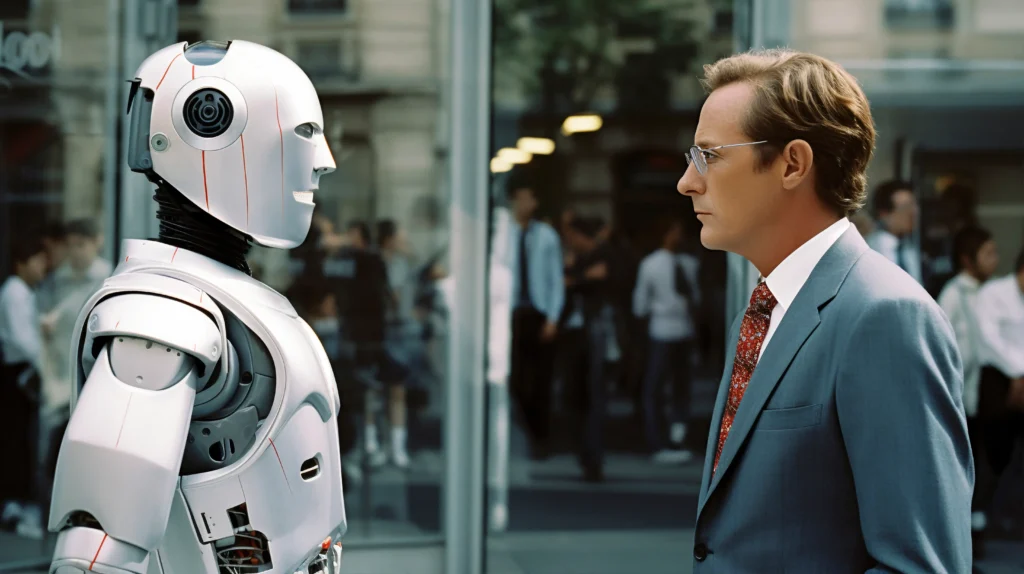
Table of Contents
A Historical Echo: Technology as a Job Transformer, Not as a Destroyer
”To ease the wave of panic, it is insightful to look back at how history has revealed similar precedents.”
Fears of mass unemployment have been the prelude to every single significant technological revolution. The nineteenth-century Luddites set about the destruction, with famed havoc, of weaving machines which they hoped would make their craft unnecessary. “When ATMs were introduced in the twentieth century, many predicted that bank tellers would soon disappear. But in practice, the situation proved to be far more complicated than people had imagined.
”ATMs automated one of the teller’s primary duties — handing out cash to customers.” This decreased the operating cost of bank branches and banks started to increase them. As tellers were relieved of the duty of counting bills, they focused on more meaningful tasks involving relations and higher profits in the form of the sale of financial products, customer relationship management, and giving personal advice. As a result, the banks tellers did increase in actual numbers in a number of areas. The job description did not disappear, but changed.
AI is a more pervasive and, though more powerful, like wave of automation. Its unusual ability is that it does not simply produce manual tasks which can be performed by machines in the past and thus requires manual repetition but also cognitive non-routine tasks executions. What this implies is that its influence will cut across all levels of the collar-factory floors to executive suites.
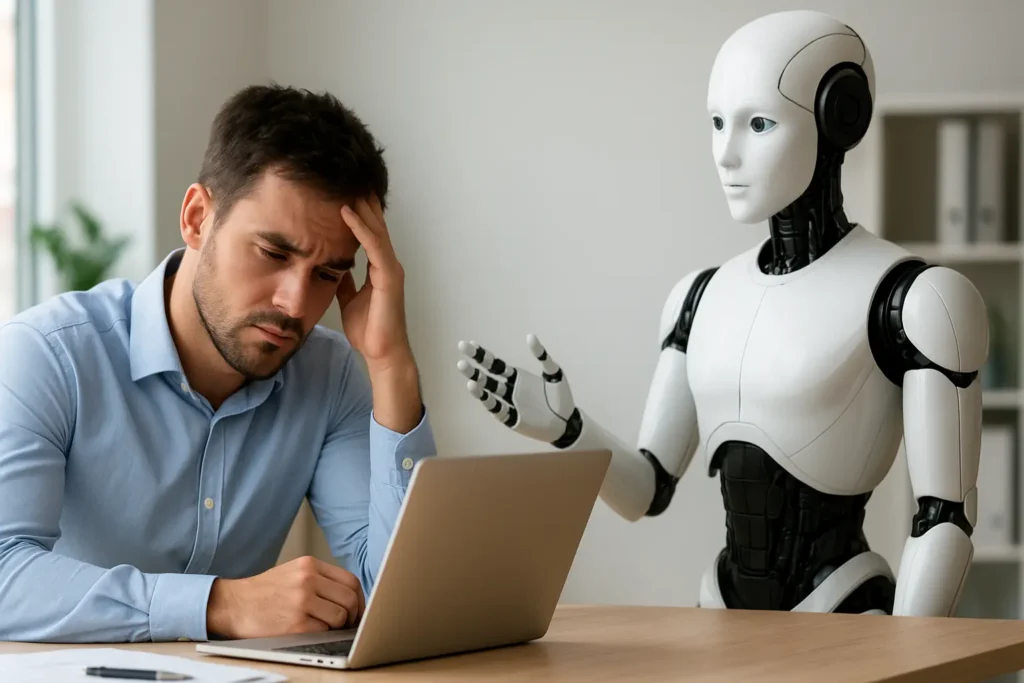
The Anatomy of Automation: What ASIs Can and C Cant do (Yet)
To predict the impact of AI it is wise to comprehend genuine strengths of AI. Current AI, particularly generative and predictive AI, excels in the following domains:
Pattern Recognition and Data Analysis:
AI can scan millions of pieces of data, through proceeding cases, medical images, financial records, etc., to extract patterns, anomalies, and correlations not detectable to the naked eye.
Optimization and Prediction:
To streamline the logistics supply chain, and to predictive machine failure, AI can compute the most efficient possibilities, using extensive datasets.
Generation and Synthesis:
Auto-generative tools, like large language models, are able to produce text, code, and image based on learned patterns, and can serve, serving more as a starting point for brainstorming or drafting content, rather than providing the finished version.
Nevertheless, AI essentially lacks the human characteristics that are the key to the best in work:
Real Creative and Originality:
The AI can mix and re-purpose pre-existing information, however, it cannot imagine something truly novel, experience inspiration, or capture the cultural sensitivity and impact to the feeling such as a human artist, strategist, or entrepreneur.
Empathy and Emotional Intelligence:
The ability to presume the hidden fears of a patient, inspire a faltering team, or a fragile peace treaty, and Providing compassionate care relies on genuine human connection, something that simulations or AI imitations cannot fully replicate.
Critical Thinking and Ethical Rationality:
AI does not imply value-based decisions and can present data, thiokinetically. Whether a human being in a self-driving vehicle merits the car protecting his or her life compared to one on the street or whether an algorithm will be able to think through a loan requires human resources, information, and responsibility.
Context and Common Sense: AI does not give knowledge but works on statistical probability. It is able to come up with grammatical sentences to make Sentences that lack meaning and/or prescribe strategies that are statistically correct, but not, contextually, suitable.
This difference does not mean that AI will cause the elimination of human beings; it simply means that it will create the elimination of tasks, and, thus, it will restructure human skills around all skills that cannot be modeled.
The New Collar Economy: The Jobs That Will Emerge
New roles could emerge and the value of current roles increase as workers offload routine jobs to human-beloved jobs and replace older work routines with new, more robot-intensive, and automated ones. We are already attaining the dawn of:
AI-Human Symbiosis Roles:
Occupations in the management, interpretation, and co-operation with AI. Such early examples are prompt engineers, AI trainers, and ethics auditors. The radiologist will no longer use thousands of images to scan, spend more time on interpretations of critical abnormalities that the AI shows as postponements, communicate with patients, and make hard diagnostic decisions.
Focus on the area of Soft Skills:
Creativity, critical thinking, communication, collaboration and leadership and similar skills will be the most valuable assets in the labor market. Such skills will allow humans to capitalize on AI and contribute the value that technology is not able to offer.
Care and Green Economies Development:
With aging populations and a growing climate crisis, there will be a boom, jobs in health-care, wellness, therapy, renewable energy installation and environmental management- which are highly relational, physical and contextual and therefore challenging to automate.
Hyper-Specialization As AI content continues to be generated in large quantities, human craft and artisanal editing, hyper-specialized knowledge will stem even more in value and cost-efficiency.
The Imperative for Adaptation: Reskilling and Lifelong Learning
The greatest danger of artificial intelligence does not concern mass unemployment, but is the overall obsolescence of skills. The change will be disruptive. The most vulnerable workers are those with jobs that focus on foreseeable, monotonous jobs- be it physical or white-collar.
Therefore, the reaction of both the society and the person should not be opposition to the technology but a violent adjustment to the technology. This provokes a basic change in our attitude to education and upbringing:
Education Reform:
The school curriculum must shift more toward creative, problem-solving and digital literacy at an early age, as opposed to rote learning.
Also, corporate responsibility:
As AI-based productivity increases, companies have an ethical obligation to invest as much as possible in reskilling and upskilling their current workforce instead of just getting new, tech-savvy employees.
Lifelong Learning Mindset: This is the idea that people have to embrace. The 20-year learning and 40-year working paradigm has become a thing of the past; everyone has to be willing to learn new skills during his or her career.
The article is addressing the topic of AI as the most powerful tool ever developed, as a collaborative future.
AI cannot be best described as a replacement worker; the most precise metaphor to describe it is that of a super-power-tool–a tool that is possibly the strongest ever imagined by humanity. “A carpenter equipped with a hammer can achieve much more than one without it, just as a writer using a word processor can work more efficiently than one relying on a quill.”Similarly, a financial analyst boosted by AI with its data-crunching power, a designer boosted by AI with its generative power, or a researcher boosted by AI with its literature-review efficiency will be magnified by AI exponentially.
This kind of augmentation enables the professionals to solely engage their energies on what should be handled in their work as demanding human judgment, strategic thinking and emotional intelligence. New frontiers of innovation, productivity and problem solving will be unlocked through this symbiosis which may solve the grand challenges (disease, poverty and climate change).
Conclusion: Reframing the Question.
Therefore, is AI to be used in the place of men? This analysis and evidence point to the fact that this is a misdirected question. Artificial intelligence will certainly be replacing some tasks and making some particular jobs unnecessary- an unpleasant truth that should be addressed with gentleness and strong social safety nets.
However, the broader and more consequential narrative concerns transformation and collaboration. AI is not going to displace humans, but displace those who are not willing to change. It will not take over whole professions wholesale. Employment in the future does not depend on the competition with artificial intelligence; it depends on cooperation with it. It is through a focus on developing solely human strengths as well as a lifelong learning commitment that we can make sure that the age of AI turns out to be a time of human accomplishment unlike any other, where people do not have to worry about the daily grind and instead concentrate on the only true human activity: creation, connection, care and exploration. The future is not human or machine but human and machine.
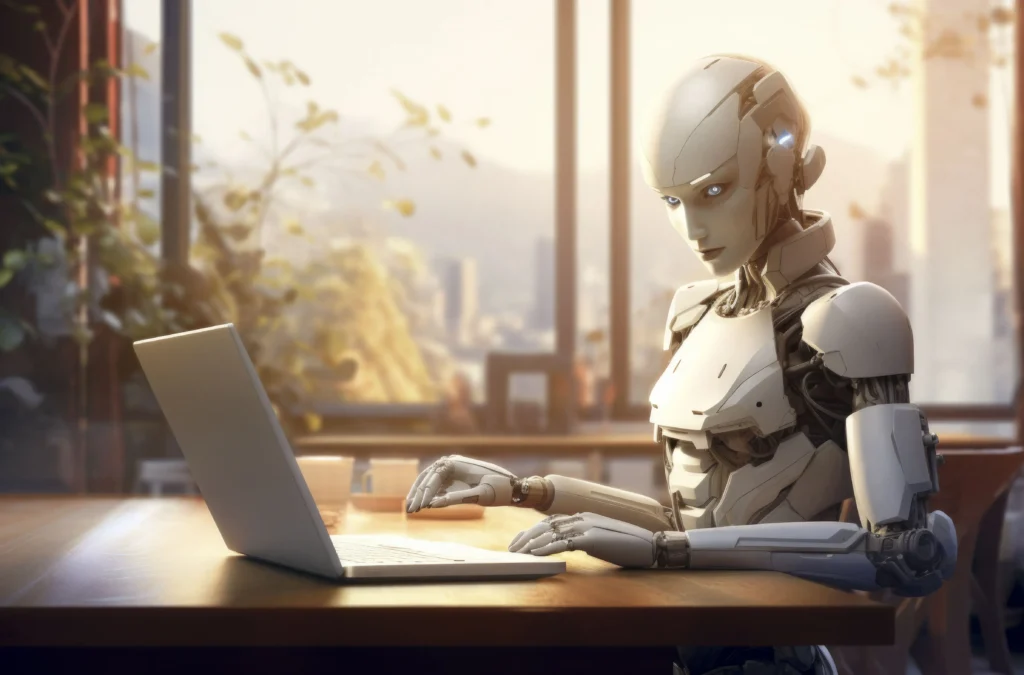
Frequenty Asked Questions About Future of Jobs: Will AI Replace Humans
Q1: Okay, straight up—will AI replace me and take my job?
This is the big one. The short answer is: it’s complicated. For most of us, AI is less about outright replacement and more about transformation. Think of it less like a robot sitting at your desk on Monday morning and more like a powerful new tool that’s changing how your job is done. AI is fantastic at handling repetitive, data-heavy tasks (like processing invoices, sorting resumes, or analyzing spreadsheets), which frees humans up to do what we’re best at: creative thinking, strategic decision-making, empathy, and building relationships.
Q2: So, which jobs are most at risk?
Roles that are heavily based on predictable, routine tasks are the most susceptible to automation. This includes things like data entry clerks, certain types of assembly line work, and some basic customer service roles (think of the chatbots that answer simple questions). However, it’s not just blue-collar jobs; some white-collar tasks, like generating initial drafts of reports or basic legal document review, can also be assisted or automated by AI.
Q3: If not replacement, then what will happen?
The key word is collaboration. We’re moving towards a future of jobs “human-AI teamwork.” Imagine: A doctor using AI to analyze medical scans faster, allowing them to spend more time with the patient. A marketing manager using AI to crunch customer data and identify trends, so they can design a more creative campaign. A software engineer using AI to write basic code snippets, letting them focus on solving complex architectural problems. The job might change its shape, but the need for the human in the loop—to guide, judge, empathize, and create—will be more crucial than ever.
Q4:Which abilities will matter most in a future shaped by AI?
This is the most important takeaway. To future-proof your career, focus on skills that AI can’t easily replicate. These are usually referred to as “soft skills” or “human-centric skills,” and today they hold great importance. Critical Thinking & Problem-Solving: The ability to ask the right questions and think strategically. Creativity & Innovation: Generating new ideas and thinking outside the box. Emotional Intelligence (EQ): Understanding, empathizing, and working well with other people. Adaptability & Continuous Learning: Being open to change and willing to constantly learn new tools and methods.
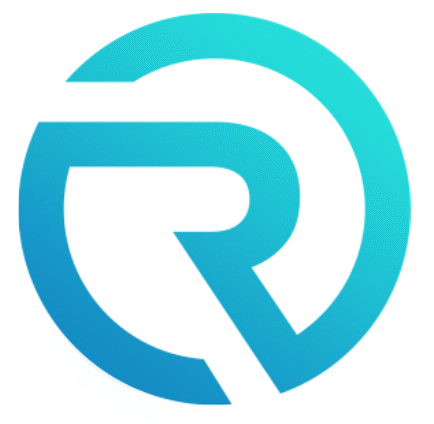
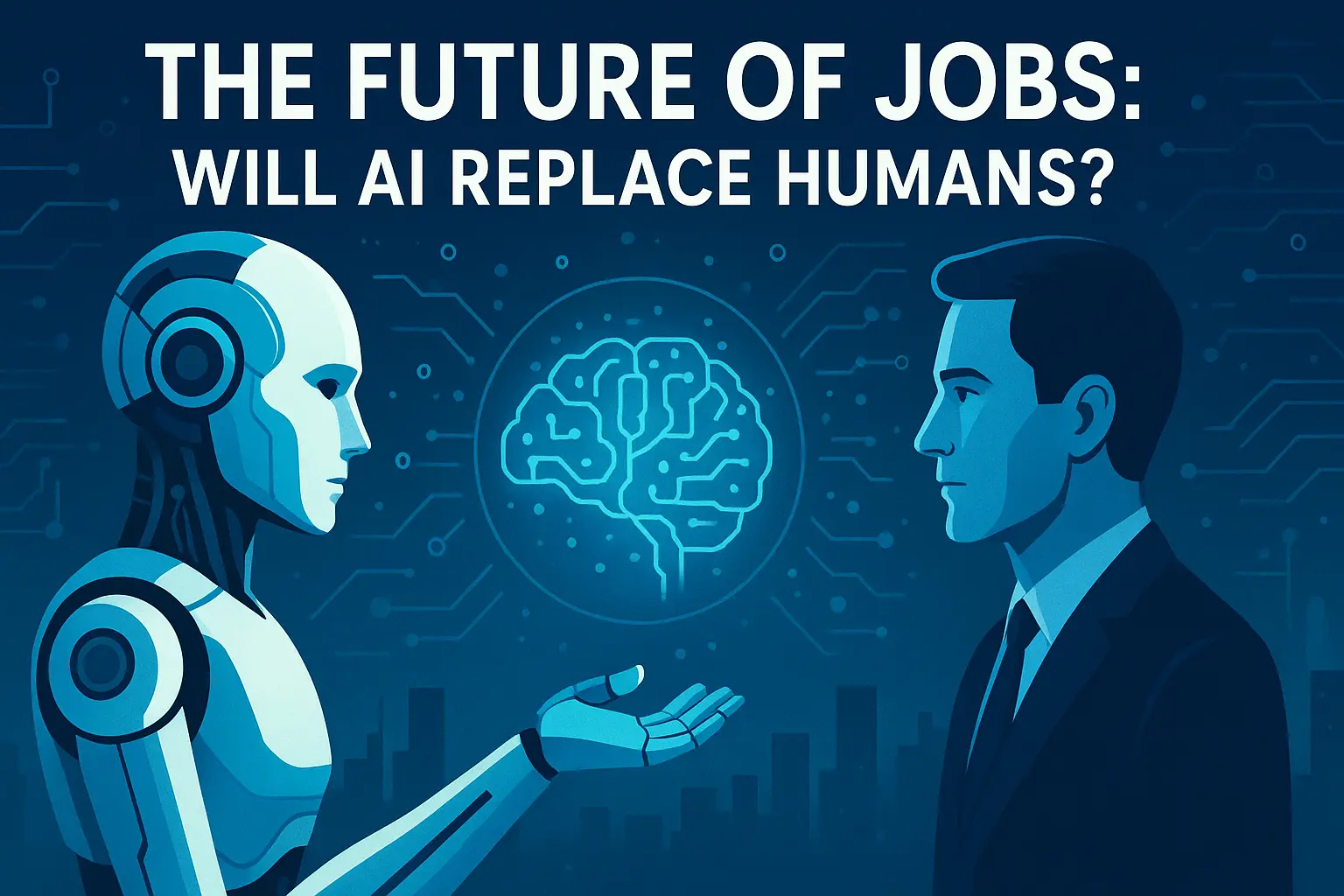
3 thoughts on “The Shocking Future of Jobs: Will AI Really Replace Humans?”